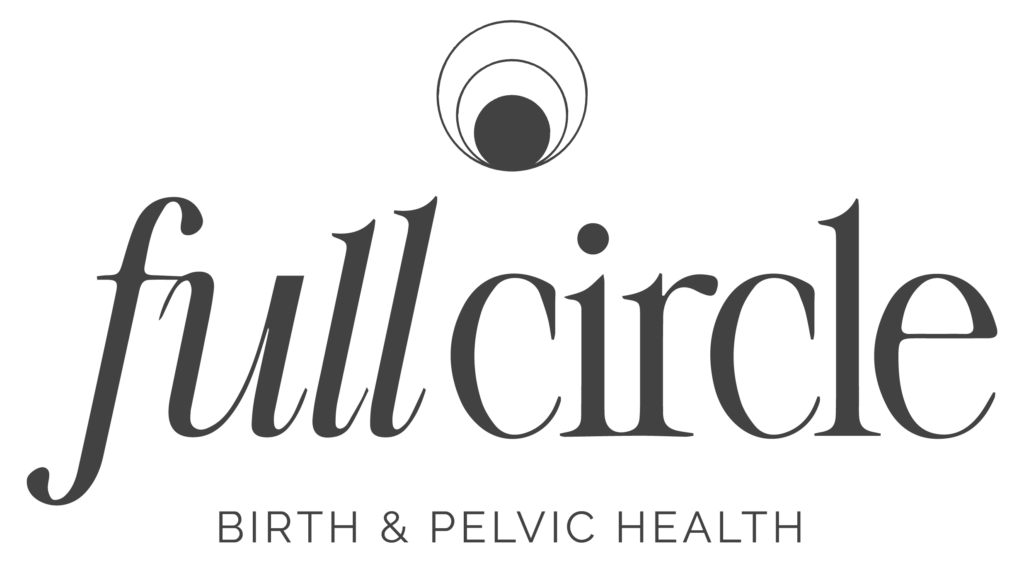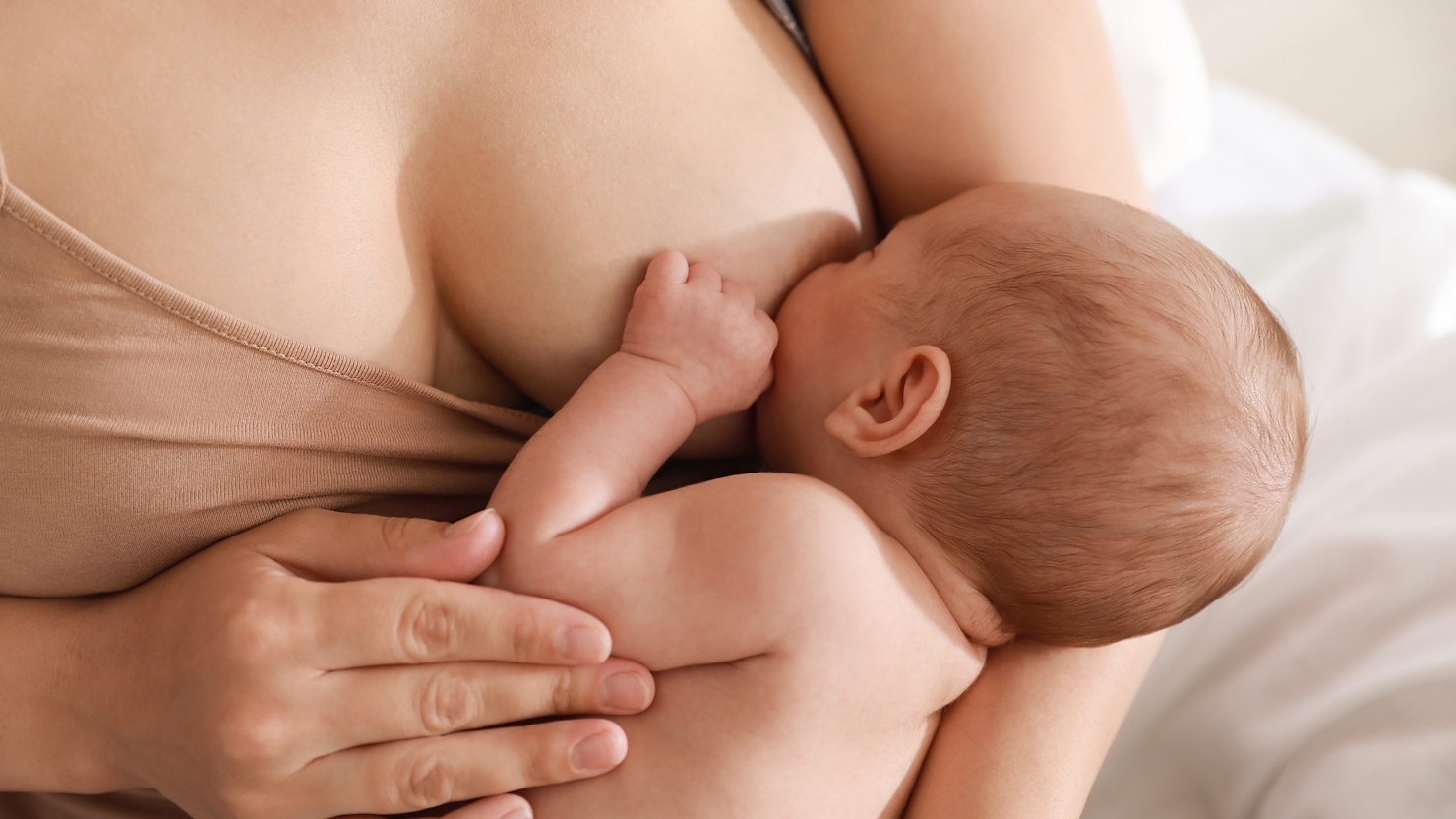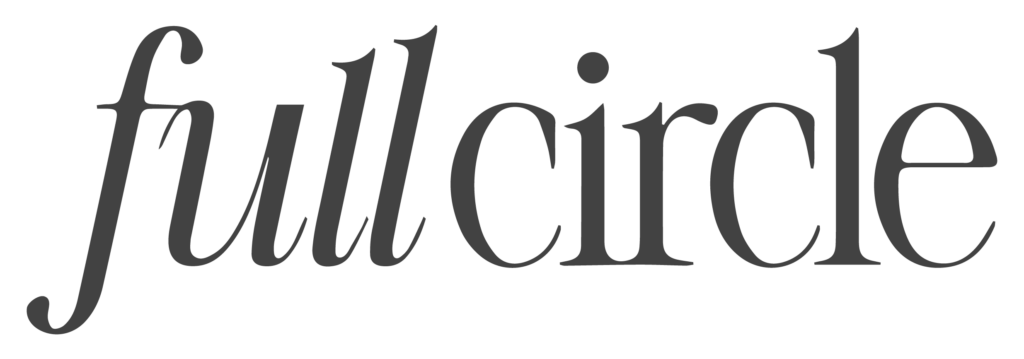Did you know that nearly 70% of families with a baby being cared for in the NICU are unable to provide all the milk for their baby’s initial needs? And that by donating your breastmilk, you can aid in saving these babies lives? There are 24 milk banks in the US and hundreds worldwide. With one out of every nine infants born prematurely in the US, most donor milk is used by infants in the NICU. As a doula, I’m here to educate. To encourage and support a client’s decision to donate. And to connect clients with a milk bank if their baby is in need.
So, here’s what you need to know:
✔Donors are healthy mothers who make milk beyond the needs of their own baby. 150 ounces is the typical requested donor amount, in order to offset the cost of the screening process. Milk produced from birth to 15 months is generally accepted.
✔The expiration date on the donated milk is 1 year after it was pumped, when stored in a freezer. There are evidence-based strict guidelines and industry standards in place to ensure the safety of donor milk.
✔Milk gets thawed, pasteurized, analyzed, tested, and then stored and shipped frozen by hospital order only.
✔Donated milk can be dropped off at a milk bank or it can be shipped.
Human milk is life-saving medicine.
For all of my Illinois mamas, the closest milk bank is the Mothers’ Milk Bank of the Western Great Lakes located in Elk Grove Village.









